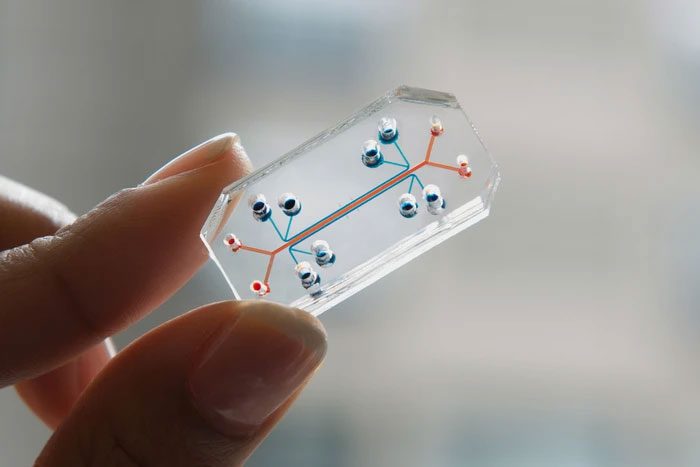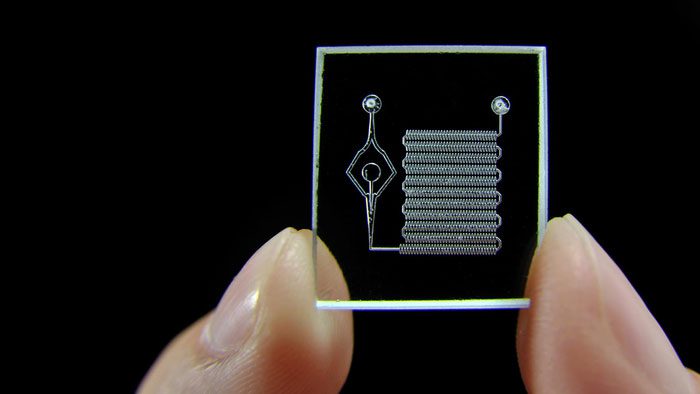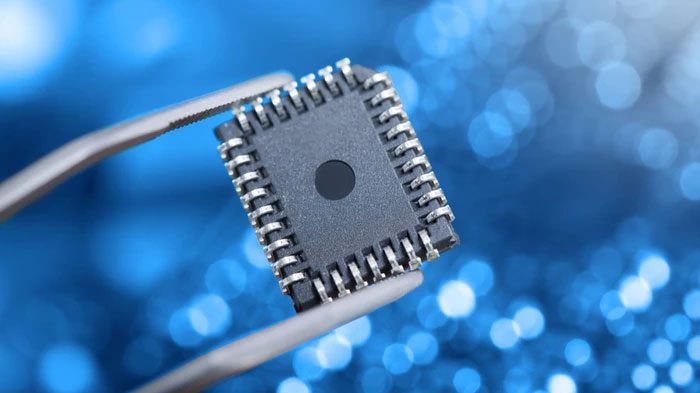Chips are very popular in modern society, and their importance is evident.
The Importance of Chips
Chips are a vital component in technology and have permeated nearly every aspect of modern society. They are used in the production of various electronic devices such as computers, mobile phones, televisions, and audio equipment, and are also utilized in diverse fields like industrial automation, healthcare, transportation, and energy.
The advantages of chips include their small size, high speed, high precision, and low power consumption, which enhance the efficiency of modern technology applications and provide numerous benefits for production and human life.

Electronics Chip, also known as Integrated Circuit. Today, they are ubiquitous in electronic devices: cars, phones, telecommunications televisions, etc. They have become an indispensable part of modern human life. Without them, most electronic devices would not be able to perform the diverse functions they do today.
In the field of computing, chips are the core of computers and serve as the foundation for the operation of various hardware and software. Key parameters such as operational speed, storage capacity, and processing ability are closely related to chip performance.
Moreover, with the development of new technologies such as cloud computing and artificial intelligence, the demand for chips in computers will continue to grow.
In the field of communications, chips are widely used in mobile phones, televisions, audio devices, and other equipment. The high speed and low power consumption of chips help these devices operate more efficiently and durably. At the same time, with the large-scale commercial use of 5G technology, the demand for chips continues to increase.

With the significant impact of global technological development, today’s electronic chips can do everything. They are essentially a collection of circuits containing semiconductor components and passive electronic components (like resistors) connected together to perform a specific function. It can be said that as long as they are given a code, electronic chips can complete their tasks.
In the field of industrial automation, chips are also widely used. Chips can enhance the intelligence and automation capabilities of devices, enabling them to self-monitor and self-protect, while improving the efficiency and quality of production.
In the healthcare sector, the applications of chips are also increasing. Chips can be applied to medical devices such as monitors, thermometers, blood pressure meters, etc., allowing timely monitoring of patients’ health status, and can also be used in medical devices, such as drug pumps and artificial hearts, enhancing intelligence and automation levels.
Therefore, chips are very popular in modern society, and their importance is evident.
 Before the advent of electronic chips, many semiconductor components had to be connected together. This made everything extremely “bulky,” requiring meticulous attention to detail. This challenge drove all contemporary electronics companies to explore a more appealing new component.
Before the advent of electronic chips, many semiconductor components had to be connected together. This made everything extremely “bulky,” requiring meticulous attention to detail. This challenge drove all contemporary electronics companies to explore a more appealing new component.
Challenges in Chip Production
The challenges in chip production primarily lie in the following aspects:
Technical Complexity
Chip production requires a series of complex technologies, such as photolithography, ion implantation, and chemical etching. These techniques demand high levels of expertise and skill and require careful operation and control. Any error in any link can lead to chip production failures.
Capital Requirements
Chip production requires substantial capital investment. Producing a single chip can cost millions of dollars and necessitate various equipment, materials, and other resources. Therefore, only wealthy companies or countries can afford to produce chips.
Talent Shortage
Chip production requires the support of a large number of experts. These talents not only need to master complex technical knowledge but also require extensive practical experience. The pool of such talent is limited, so in reality, very few companies can produce chips.

The first chip was invented by American physicist Jack S. Kilby and German physicist Robert Noyce in the 1950s. In 2000, Kilby won the Nobel Prize in Physics for his invention of the chip, while Robert Noyce missed out on the award twice.
Chips are a crucial component in modern science and technology, achieved through complex technology applications, extremely high production costs, and requiring substantial capital, talent, and various other resources. It is not an exaggeration to say that chips are among the most challenging things to produce in the world.
With the development of various fields, the scope of chip applications will continue to expand, and chip production technology will also continue to evolve and improve.


















































